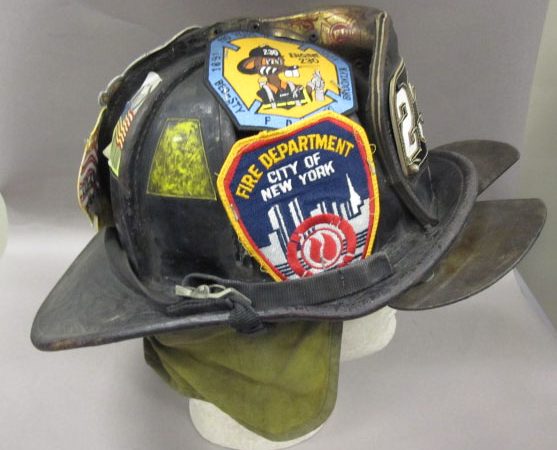Fire department patches are more than just pieces of fabric sewn onto uniforms; they are emblems of pride, honor, and tradition. These Fire Department Patches serve as a visual representation of the dedication and bravery of firefighters who risk their lives to protect their communities. From their design to their symbolism, fire department patches carry deep meanings that resonate with both the members of the fire service and the communities they serve.
The History and Evolution of Fire Department Fire Department Patches
Fire department Fire Department Patches have a long history, dating back to the early days of organized fire services. Originally, these Fire Department Patches were simple and utilitarian, primarily serving the purpose of identifying the fire department to which a firefighter belonged. Over time, as fire departments grew in size and importance, the designs of these patches became more elaborate, incorporating symbols and imagery that reflected the unique identity and values of each department.
Many fire department patches feature elements such as flames, axes, ladders, and the Maltese cross, a symbol commonly associated with firefighting. These symbols not only represent the tools and challenges of the profession but also embody the courage and selflessness required to perform the duties of a firefighter.
Customization and Personalization of Fire Department Patches
One of the most interesting aspects of fire department patches is the level of customization that many departments choose to incorporate. Custom fire department patches allow departments to create a unique identity, often reflecting the history, geography, or specific missions of their unit. For example, a fire department located in a mountainous region might feature a mountain in its patch design, while a department with a history of maritime rescues might include a ship or anchor.
Personalized patches also serve as a way to honor individual firefighters or commemorate significant events, such as anniversaries, retirements, or notable rescue missions. These custom patches become treasured keepsakes that remind firefighters of their service and the bonds they’ve formed with their colleagues.
The Process of Designing and Manufacturing Fire Department Patches
Designing and manufacturing fire department patches is a detailed process that requires careful attention to detail. The first step is usually a consultation with the fire department to understand their specific needs and preferences. This might involve discussing color schemes, symbols, and any text that should be included on the patch.
Once a design concept is approved, the patch is produced using high-quality materials and embroidery techniques. The goal is to create a durable, visually appealing patch that will stand up to the rigors of daily wear. Many patches are made from sturdy, weather-resistant fabrics, ensuring they maintain their appearance even after exposure to heat, smoke, and the elements.
Collecting and Trading Fire Department Patches
Beyond their practical use, fire department patches have become popular collectibles. Firefighters and enthusiasts alike enjoy collecting patches from different departments, often trading them with one another to build their collections. Some collectors focus on patches from a specific region, while others seek out rare or vintage patches from long-disbanded departments.
Patch trading is a longstanding tradition within the firefighting community, often taking place at conferences, conventions, and other gatherings. This tradition not only fosters camaraderie among firefighters but also helps preserve the history and heritage of fire services around the world.
The Role of Fire Department Patches in Modern Fire Services
Today, fire department patches continue to play a vital role in the identity and culture of fire services. They serve as a constant reminder of the commitment and sacrifice that comes with being a firefighter. Whether worn on the sleeve of a uniform, displayed in a collection, or given as a token of appreciation, these patches represent the legacy of those who have dedicated their lives to protecting others.
